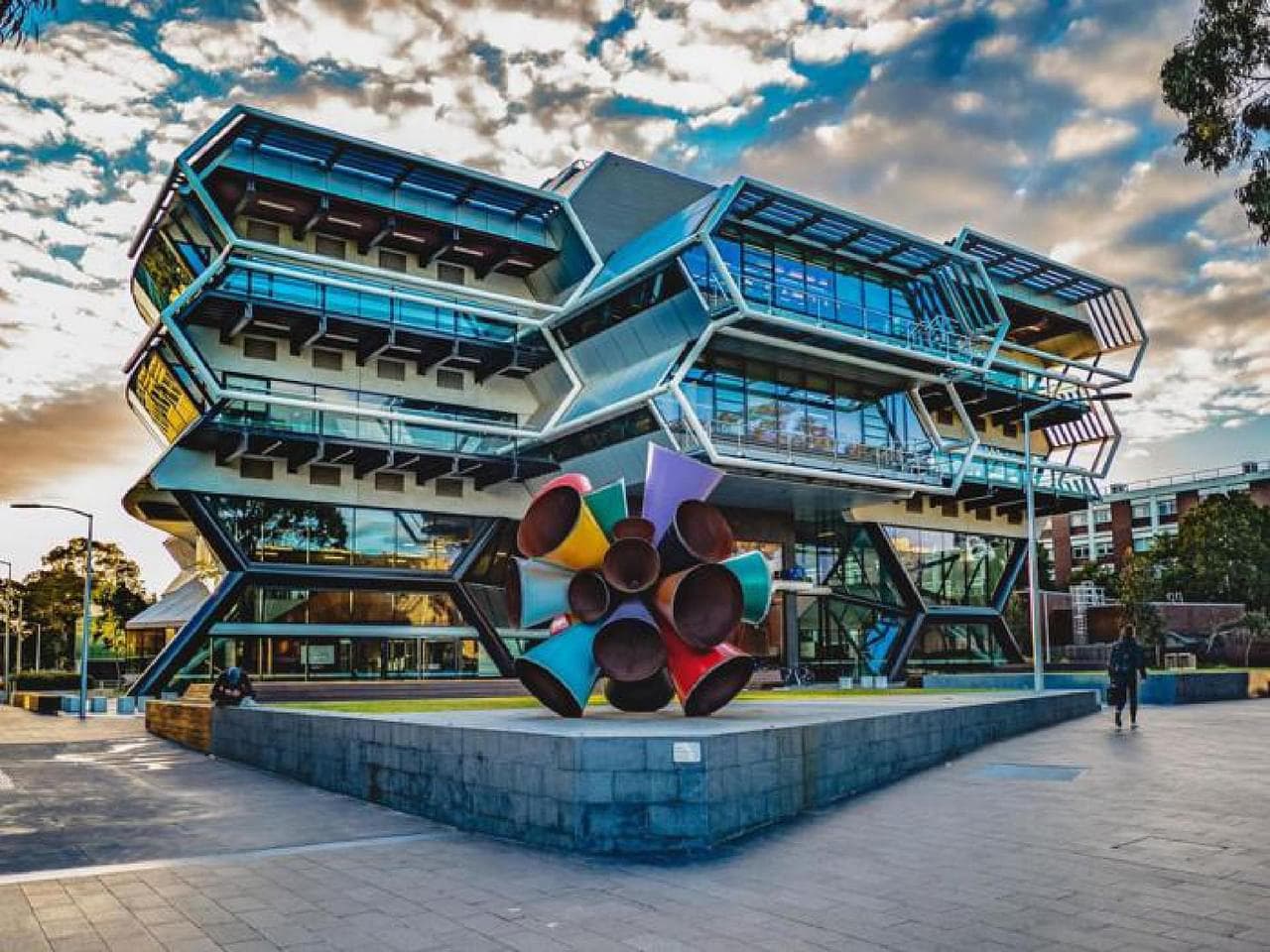Double degree courses include the features of the component degree courses, except that electives may be reduced.
Marketing
The Bachelor of Marketing is a specialist course that develops through the themes of foundation business knowledge, specialist discipline knowledge and capstone experience.
- Part A. Foundation business knowledge
This will provide you with a study of marketing and the impact they have on decision making in organisations.
- Part B. Specialist discipline knowledge
These studies will develop your capacity as a critical and creative professional who is able to apply your knowledge of marketing to provide discipline based solutions for business. Units contained within the discipline specialisation may meet the requirements for professional accreditation bodies.
- Part C. Capstone experience
The capstone unit will consolidate your knowledge and skills acquired through the study of your specialisation and provide experience in multi-disciplinary processes and decision making
Bachelor of Media Communication
The Bachelor of Media Communication through three themes that combine to underpin media communication practice: Part A. Strategic knowledge, Part B. Practical and professional skills and Part C. Collaboration and leadership. Part D involves free elective studies.
- Part A. Strategic knowledge
These studies build students' competence in: analysing and understanding the current state and past developments in media communication locally and globally; understanding impacts of media and communication transformation, and media power; creating future scenarios and media communication visions by developing students' preparedness and adaptability for future media communication change and creativity.
- Part B. Practical and professional skills
This involves developing students’ competencies in linking knowledge and media practice in professional contexts, such as conceptual and implementation skills, project and content management skills, hands-on experience in putting knowledge into practice, and thereby testing and creatively experimenting with (strategic) knowledge about media transitions and transformations. It also involves developing students’ competency in ethical and legal aspects of media communication.
- Part C. Collaboration and leadership
This involves competencies necessary for students to work in teams and in different knowledge communities and media communication professional settings. It includes competence in engaging with stakeholders, media literacy, and participatory research and media making in collaboration with experts from academia, industry, government, and the community. It also includes competency in social and cross-cultural awareness.


